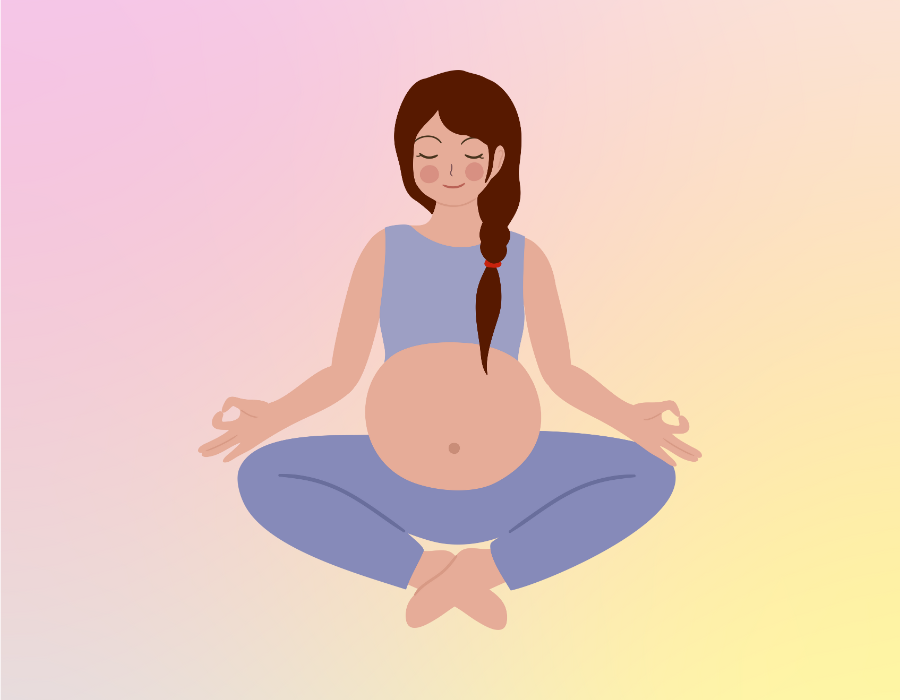Don’t panic if you have postpartum qi deficiency! Take a two-pronged approach to regulate it skillfully.
If you have any queries or suggestions, please feel free to reach out via email to info@harisonfitness.com. We will do everything in our capacity to ensure that you love your experience with us.
How should postpartum qi deficiency be treated? First, it is important to keep warm on a daily basis after giving birth. At the same time, it is important to get plenty of rest and sleep, and avoid overexertion, as this will only aggravate physical discomfort. Maintaining a positive mood is also crucial. In addition, a balanced diet and appropriate exercise are also essential for recovery.
01 Dietary Adjustments
Postpartum qi deficiency requires careful attention to diet. Foods such as watermelon, persimmons, and cold beverages—which are raw, greasy, or spicy—should be avoided. Instead, focus on consuming warm, nourishing foods that are easy to digest, such as millet, mung beans, yams, and carp. Tonifying foods like donkey hide gelatin, ginseng, longan, and red dates can also be consumed in moderation, but it is important not to overdo the tonification. Supplementation should be done gradually, and meals should be taken in small, frequent portions to allow the body to fully absorb nutrients. Additionally, it is important to drink plenty of water to replenish the salts and fluids lost through excessive sweating.
02 Exercise and conditioning
If you remain bedridden for an extended period of time after childbirth without engaging in physical activity, your body’s metabolism will slow down, leading to hormonal imbalances and affecting the functions of various organs. Therefore, it is essential to engage in moderate, low-intensity exercises, as this aids the spleen and stomach in converting nutrients into qi and blood. However, new mothers should tailor their exercise routines to their individual circumstances, avoiding both overexertion and complete inactivity.
Swimming
Regular swimming not only effectively improves physical fitness but also increases lung capacity. Swimming in water can relieve fatigue, release mental stress, and to some extent, help with body shaping, making it a win-win activity.
Key points: Beginners should learn to swim at a proper facility under the guidance of a professional instructor. Avoid swimming in wild areas, as safety is always the top priority. Before entering the water, perform adequate warm-up exercises. Ensure the water temperature is appropriate; you may first splash some pool water on your body to acclimate before entering the water to prevent cramps. Additionally, avoid swimming before or after meals, or immediately after intense physical activity. Duration and Frequency: Each swimming session should last approximately 30 minutes, with three sessions per week being optimal.

Yoga
Regular practice can improve blood circulation, regulate emotions, relieve stress, improve sleep, and balance the endocrine system. Mothers can choose different yoga poses based on their physical condition. Those with no prior experience should practice under the guidance of a professional to ensure safety.
Key points: Sit upright on a chair with legs naturally apart. Bend your elbows and raise your hands to the sides of your body, with fingers pointing upward and parallel to your ears. Then raise your hands upward until you feel a gentle stretch in your ribs. Hold this position for 2–3 breaths, then return to the starting position and repeat. Duration and frequency: Perform 10 repetitions per set, 3–5 sets daily.

Postpartum qi deficiency is not something to be afraid of, so new mothers should not be overly anxious. Through a reasonable diet and appropriate exercise, this condition can be greatly improved. You can choose your favorite form of exercise to promote the conversion of nutritional supplements into qi and blood, thereby regulating qi and blood and improving spleen and stomach function.





Leave a Reply
Want to join the discussion?Feel free to contribute!